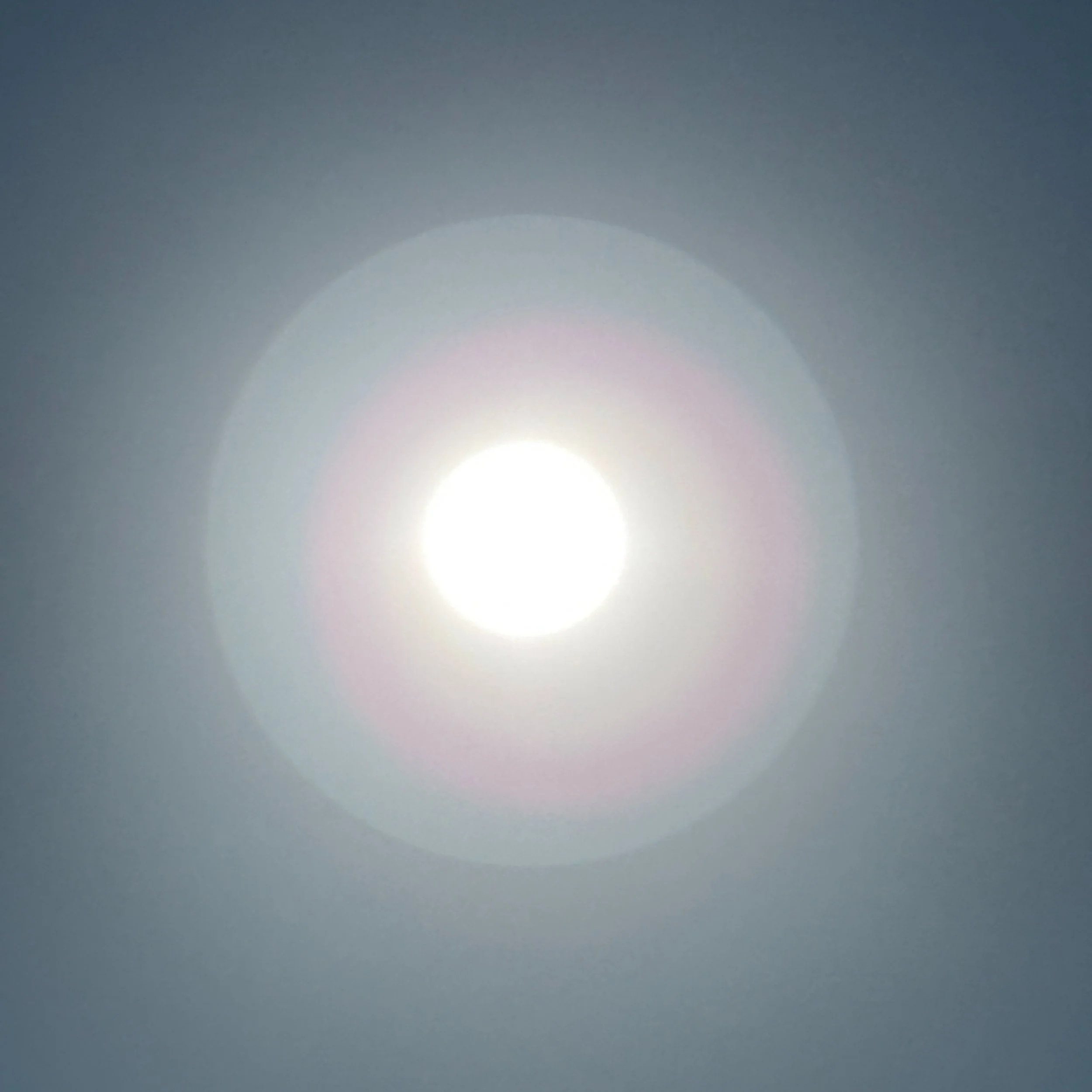Gaza is Not to Be Blamed — A Lesson from the Heart Chakra
By Dr. Anna Biela, Jastarnia, Hel 12.09.2025 09:09 am
(A lesson I learned and now offer to humanity — from the heart chakra, for the sake of all who suffer.)
The people of Gaza must never be collectively blamed for the actions of Hamas. Civilians — mothers, fathers, children, elders — bear the heaviest burden of conflict, and it is unjust to equate them with the choices of a political or militant organization. At the same time, it is true that extremist groups on any side, whether Islamist militants or violent Zionist actors, deserve sharp criticism for actions that target innocents. Blame is complicated; responsibility must be assigned carefully and individually, never to entire populations.
The massacre of October 7 was a terrible, singular day of violence whose echoes continue to devastate lives. But one horrific day cannot justify a policy that aims — directly or indirectly — at the mass starvation of Gaza’s population. Collective punishment is morally and legally wrong. The question of whether Hamas will remain the political force in Gaza is ultimately for Gazans to decide, not for outsiders to decree, and certainly not through further violence or deprivation.
This conflict is tangled: land, history, identity, religion, trauma, and geopolitics are all intertwined. Some see the fight as primarily about territory — who rules the land and which laws govern it. Others see it as a struggle of religion, where competing narratives about sacred history intensify fear and hatred. Both are true in part. Yet religion itself — like all human institutions — was shaped by people. Religions teach; they are also interpreted, politicized, and sometimes weaponized. That does not erase the spiritual truth many seekers find in them, but it does mean we must be cautious when faith is used to justify violence.
I speak from a different place, a personal lesson I want to share with humanity. Once, my consciousness expanded in a way I cannot fully explain in words: I experienced a unity I call “God-consciousness.” In that moment the only presence I felt was the “I” — the single, pure awareness that is at once individual and universal. From that place came the impulse to start an art movement that would unite nations through one vibration: the love of the heart chakra. That vibration is not sectarian; it does not belong to any religion or nationality. It is simple: love, empathy, and the creative energy to heal.
All prophets and teachings are, in my view, lessons — guideposts recorded by history so that we may learn. Jesus, for example, was a man with an extraordinarily developed soul. His message was one of love, radical compassion, and the possibility that every human can awaken to their essential divinity. He taught that the “I” — the true self — can be realized by anyone. In that sense I say, from my experience, that the divine spark Jesus embodied is not exclusive to him; it is accessible to each of us.
So what is my lesson? Violence begets violence. Collective blame destroys hope. The only sustainable path forward is transformation — political, social, and spiritual. We must reject calls for gladiatorial solutions, mass punishment, or the erasure of whole communities. Instead, we must insist on accountability for perpetrators, protection and support for victims, and policies that restore dignity and allow people to live in peace.
I do not offer naïve optimism. The realities are harsh, and healing will be long. But the heart teaches a simple truth: coexistence is better than annihilation. If we can cultivate the one vibration that unites us — compassion, creativity, and the courage to change — then perhaps the next generation might inherit a different story: one where land, faith, and identity do not have to be reasons for killing, but reasons for care.

